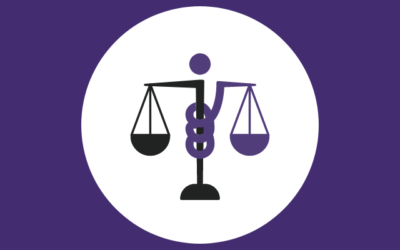Blog dedicated to all things sworn and legal translation: answers to commonly-asked questions, legal concepts and terminology comparisons, first-hand information about working as a translator, and more.
Q&A
Clear answers to sworn and legal translation FAQs
Do Spanish sworn translations need legalisation?
No, they do not. Spanish sworn translations do NOT need legalisation; do NOT need notarisation; and do NOT need Apostille. That is because Spain (unlike other countries such as the UK) regulates the activity of translating documents for official purposes, which is...
What is an original sworn translation?
When talking about sworn translations, the term ‘original’ refers specifically to the translation issued by a sworn translator and presented in its original format. ‘Original’ means, therefore, the actual sworn translation as opposed to a copy or a modified version of...
Is a sworn translation valid on its own?
Yes, it is. But let me put this statement in context to answer a few related questions people often have. A Spanish sworn translation is valid if it has been translated by a duly appointed sworn translator; complies with the official Spanish sworn translation...
Working as a translator
First-hand information about life and work as a translator: professional challenges, career path, clients and communication, musings, ICR news and more.
ICR Translations co-writes an article on legal translation services for The Law Society
It took a while to materialise, but it finally happened: I teamed up with fellow legal translator Nicole Fenwick to co-write an article for The Law Society of England and Wales aimed at legal firms and practitioners. Our goal is to raise awareness about the benefits...
Webinar: ICR speaks about legal specialisation strategy
Specialisation strategy is a topic which I hold dear and on 21 February I had the chance to speak about it in a webinar hosted by Asetrad, the Spanish Association of Translators, Copy-editors and Interpreters.During my 90-min (+40min) presentation, entitled ‘How to...
ICR Translations attends the BP22 Translation Conference
On 9-11 May I had the pleasure to attend the BP22 Translation Conference, which took place in beautiful Lisbon. It was my first in-person post-pandemic translation event, as I had spent the previous several years focusing almost exclusively on legal events to maximise...
Legal words
Legal concepts and terminology, analysed from a linguistic and multijurisdictional point of view.
What constitutes matrimonial property in Scotland?
Generally speaking, matrimonial property, also known as ‘marital property’, is all property acquired by the parties to a marriage during their marriage. There are exceptions - property acquired before marriage or received by a party as a gift or inheritance is...
10 Scots civil litigation terms
After giving an overview of the Scottish civil court judges in my previous article, today I continue my Scots law terminology blog series with a new list of legal terms. Learn the meaning of ten Scots civil litigation terms, English equivalents to some of them and a...
The Scottish civil court judges
Did you know that in Scotland judges are not referred to as “judges”? Scots civil litigation differs from that in England and Wales and so does civil procedure terminology. Focusing on Scots civil procedure, in this article I share a brief overview of the different...









